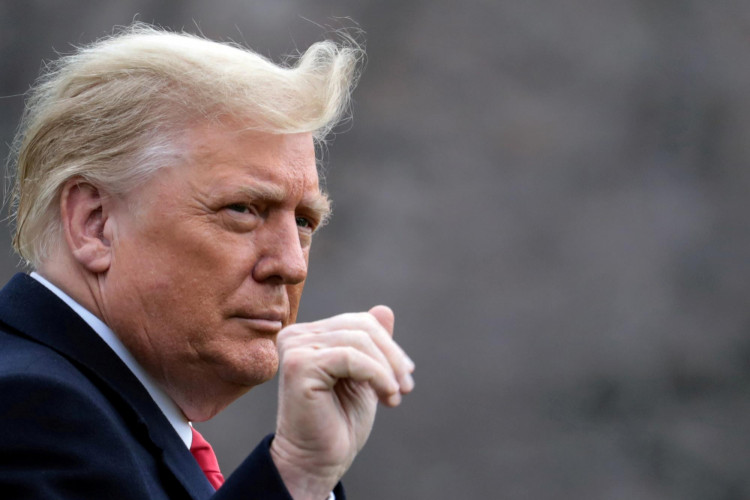Donald Trump has expressed jubilation after the Michigan Supreme Court's decision to keep him on the state's ballot for the 2024 presidential election, a ruling that stands in stark contrast to the Colorado Supreme Court's recent decision to remove him based on insurrection claims. The former president took to Truth Social to decry what he called a "pathetic gambit to rig the Election," asserting that Michigan's ruling was a rightful denial of a desperate Democrat attempt to exclude him as a leading candidate.
Trump's celebration comes in the wake of a national debate about his eligibility for office under the 14th Amendment, Section 3, which broadly disqualifies from office any person who, having previously taken an oath to support the Constitution, engages in insurrection or rebellion against the United States.
The Michigan Supreme Court, without detailed explanation, declined to review the case, stating simply, "We are not persuaded that the questions presented should be reviewed by this court." This decision is notably different from the Colorado ruling, which is currently paused and under scrutiny, with Trump's team indicating an intent to appeal to the U.S. Supreme Court.
The legal battle in Michigan, spearheaded by the group Free Speech for the People, was decided on procedural grounds. Ron Fein, the legal director of the group and an attorney for the plaintiffs, expressed disappointment but noted that the decision isn't binding outside Michigan and pledged to continue legal actions in other states to enforce the Fourteenth Amendment against Trump.
Justice Elizabeth Welch, in her dissent, acknowledged procedural differences between Colorado and Michigan's election laws and hinted that the challengers might renew their legal efforts depending on the outcome of the Republican nomination.
Trump's presence on Michigan's ballot is particularly significant as the state is expected to be a battleground in the 2024 U.S. presidential election, with its primary set for February 27, 2024. As Trump celebrates this victory, he simultaneously denounces his removal from the Colorado ballot, stemming from his alleged role in the January 6 riot at the U.S. Capitol. This dichotomy between the two states' rulings highlights the ongoing national debate over the application of the 14th Amendment and what constitutes "insurrection or rebellion."
As the country heads toward the 2024 elections, these legal battles underscore the polarized and contentious nature of American politics. Trump's vehement defense of his candidacy and his harsh criticism of opponents reflect the high stakes and intense scrutiny surrounding his potential return to the political arena. With more than a dozen states having similar litigation in the works, the question of Trump's eligibility and the broader implications for the U.S. electoral system and constitutional law remain at the forefront of national discourse.
The unfolding saga of Trump's 2024 campaign is not just a legal battle but a litmus test for the resilience of American democracy and the interpretation of its foundational laws. As each state's courts weigh in, the patchwork of decisions will collectively shape the political landscape leading up to one of the most anticipated and controversial elections in recent history.






